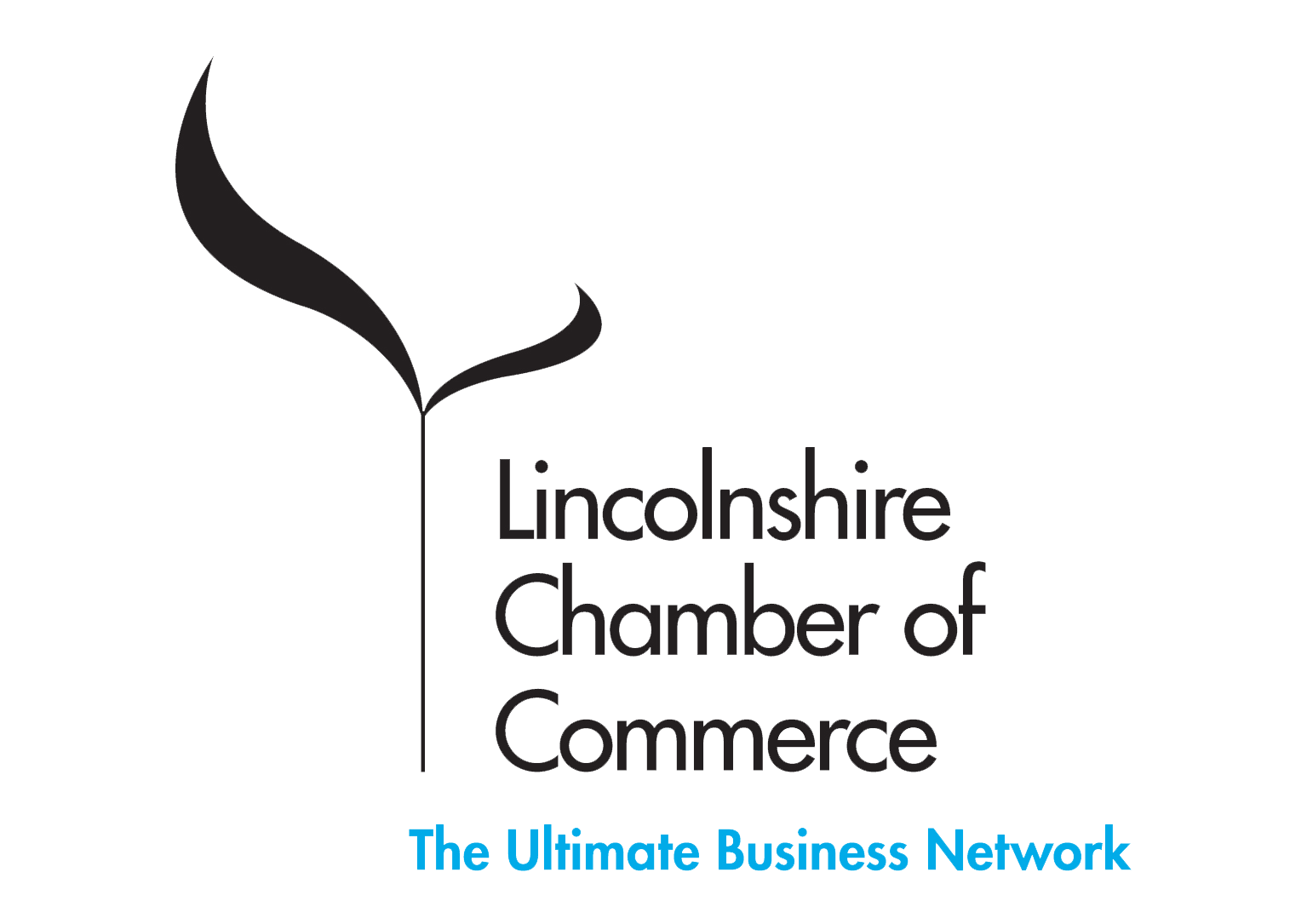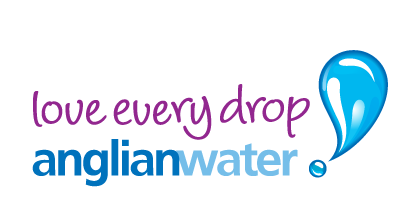Freedom of movement between the UK and EU has ended and the UK has introduced a new immigration system.
Anyone you want to recruit from outside the UK, excluding Irish citizens, needs to meet certain requirements and apply for permission first. The requirements are different for each visa.
You need to have a sponsor licence to hire most workers from outside the UK.
The new system does not apply to EEA or Swiss citizens you already employ in the UK. EEA and Swiss citizens who were living in the UK by 31 December 2020, and their family members, had to apply to the EU Settlement Scheme before 30 June 2021.
Skilled workers
Anyone you recruit from outside the UK for the Skilled Worker route needs to demonstrate that:
– they have a job offer from a Home Office licensed sponsor
– they speak English at the required level
– the job offer is at the required skill level of RQF3 or above (equivalent to A level)
– they’ll be paid at least £25,600 or the ‘going rate’ for the job offer, whichever is higher
If the job will pay less than this – but no less than £20,480 – the applicant may still be able to apply by ‘trading’ points on specific characteristics against their salary. For example, if they have a job offer in a shortage occupation or have a PhD relevant to the job.
There are different salary rules for workers in some health or education jobs, and for “new entrants” at the start of their careers.
Further information on which occupations are at the required skill level and the salaries for these occupations can be found in the Immigration Rules Appendix Skilled Occupations.
There is no general route for employers to recruit from outside the UK for jobs offering a salary below £20,480 or jobs at a skill level below RQF3.
If you’re not already a licensed sponsor and you think you’ll want to sponsor migrants through the Skilled Worker route, you should apply now.
Right to Work Checks
The UK Home Office has produced guidance and a checklist to help employers with the new ‘right to work check’ process which began on 1 July 2021.
Employers are no longer able to accept EU passports or ID cards as valid proof of right to work for new staff, with the exception of Irish citizens. Instead, you should conduct an online check for job applicants that hold digital proof of their immigration status in the UK, known as an eVisa.
A manual check can be completed for UK and Irish nationals who can use their passport, or other identity document, as proof of their right to work. You will also need to complete a manual check for individuals in the UK who cannot prove their immigration status online.
It is important to note you do not need to retrospectively check the status of any EU, EEA, or Swiss citizens you employed before 1 July 2021.










